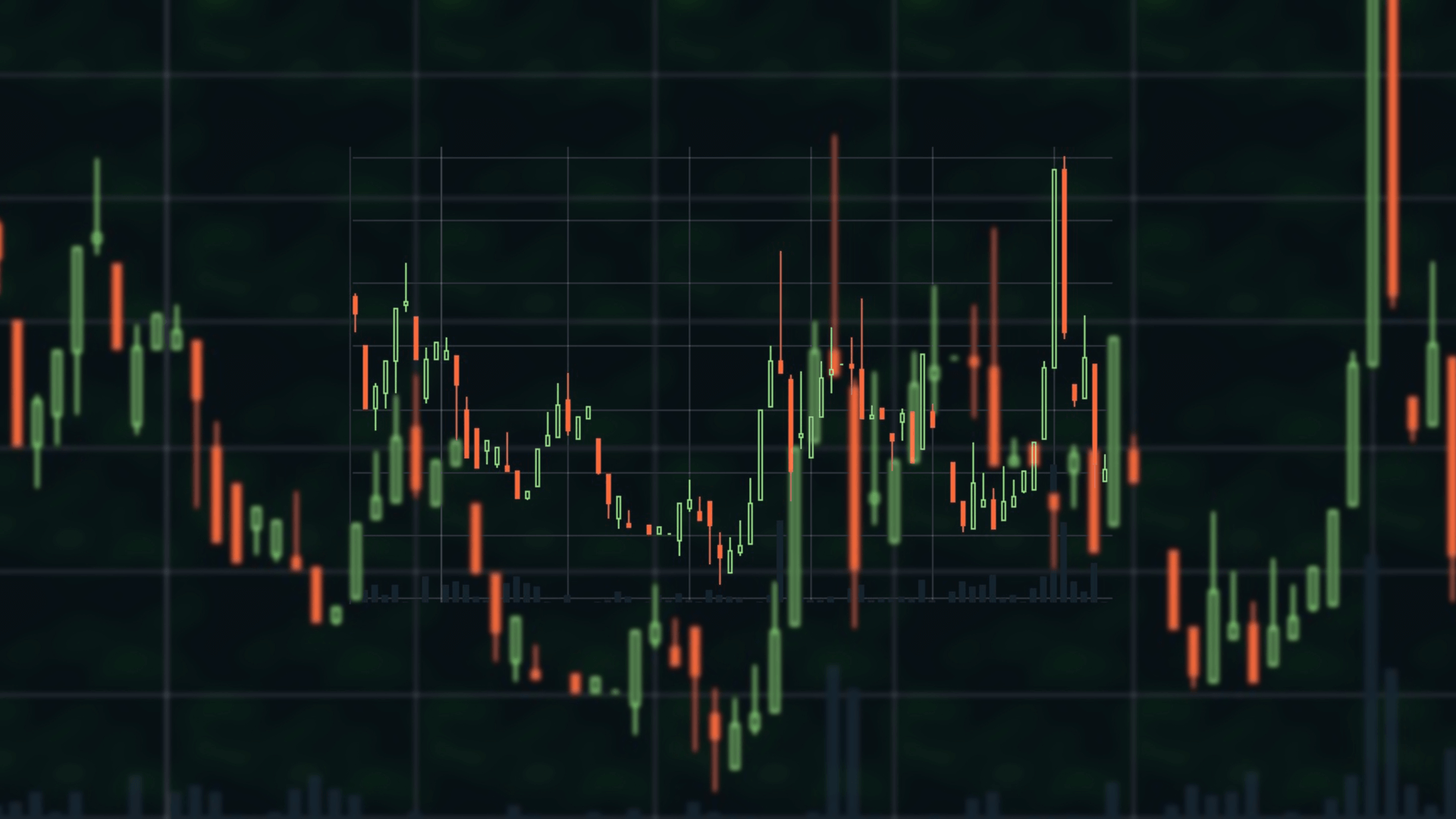The S&P 500 finished January down 5.3%, its worst month since March 2020.
There are good reasons for pessimism about the markets: Inflation is up more than 7%. Everything from gas to groceries and cars is more expensive. And the expected cure is higher interest rates. The Federal Reserve is likely to raise rates multiple times in 2022. Higher rates tend to make stocks less attractive.
Plus, stock prices may simply be due for a fall. The Shiller PE ratio, which compares stock prices for companies in the S&P 500 to earnings for those same companies, is as high as it was just before the dot-com bubble burst. It’s a sign that stocks may be overpriced, given how the underlying companies are performing.
So should you be preparing for a stock market crash?
Take the long view
If you’re close to retirement, yes, it may be a good idea to reduce your exposure to the stock market. But if you’re still decades away, remember that ups and downs are part of a long-term investment plan.
“You’ve got to be ready for the bumpy ride,” says Joe Bautista, a certified financial planner. “You have to have a long-term perspective.”
Market dips are temporary. You don’t have to look back far for evidence. Stocks roared back after the onset of the COVID-19 pandemic in 2020, and also bounced back after the Great Recession of 2008. “Our economy recovered," says Alvin Carlos, a certified financial planner and managing partner for District Capital Management, about the aftermath of the 2008 recession. "Stocks recovered big-time.”
What to do if there is a stock market crash
Stick to your plan. If you follow a strategy like dollar-cost averaging, in which you invest equal dollar amounts on a regular basis (say, $100 every month), a dip in the market can mean you’re buying stocks at a discount. Rather than trying to time the market, dollar-cost averaging naturally leads you to buy fewer shares when stocks are expensive and more when stocks are cheap.
If you’ve already got a set strategy like this, it’s best to stick to it rather than reacting to what you expect the market to do, Bautista says.
“It’s very hard to predict what the markets are going to do in the short term,” he says.
Avoid the common mistake some investors make when stocks fall: pulling out of the market and missing out on the gains of the recovery.
That doesn’t mean you should completely stand pat. Make sure you’re not overly invested in any individual stocks no matter how solid they seem. Carlos remembers a horror story from the 2008 recession: Someone he knew had 20% of their funds invested in Lehman Brothers, a seemingly safe bet until it went bankrupt.
Having a diversified portfolio can help you weather the storm. Bautista likes to show his clients a table from Callan, an investment consulting firm, which shows which asset classes performed best in each year. The best performers are all over the place: Some years real estate investments were winners, some years they’re at the bottom. Some years emerging market stocks are tops, some years they lose big. The lesson is, there’s no one safe bet, so invest in everything. A professional financial planner can help you design a diversified portfolio.
“Double down on what you can control and diversify what you can’t control,” Bautista says. You can’t control how the stock market performs, but you can control how much and for how long you invest.
It’s hard to ignore bad news, but having a long-term plan and sticking to it can help you avoid being knocked off course by big market swings.
“Focus on your goals,” Bautista says. “Then figure out the investment strategy you need to get to your goals.”
Image: Stefano Madrigali / Getty Images

